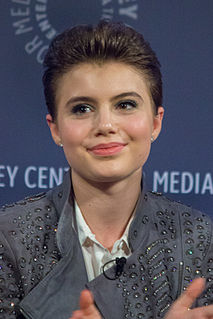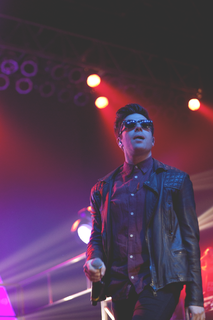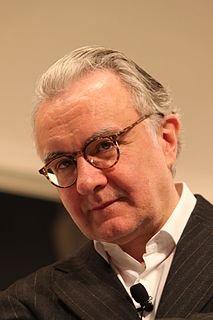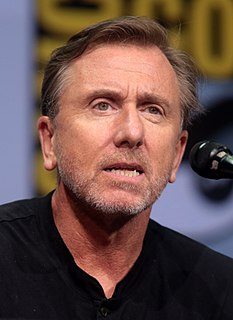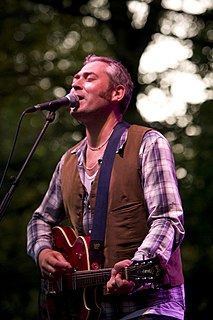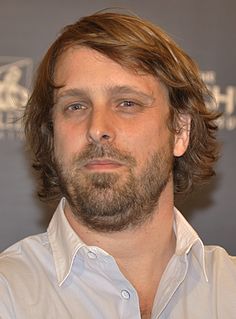A Quote by Vikramaditya Motwane
You can be technically strong, and focus all your efforts on elements like casting, music, cinematography and sets, but they are all just add ons. End of the day, filmmaking is really about how well you tell a story.
Related Quotes
Casting is really a black art. It's a huge part of directing and it's the most invisible. It's one that people don't really think about or talk about. But you can really destroy your movie by casting it badly before you've shot a foot of film. And yet there are no guidebooks for it, there's no rule book to tell you how to do it. It's all your own experience and your own sensibility and your own intuition.
If you have to tell a story without speaking, it's sort of like - I come from a dance background, so it's like a ballet where you have to tell a story with just your body. I think that's really interesting to have to tell a story with just your face and your mannerisms, and I'd like to tap into that world.
Filmmaking, at the end of the day, is really - in addition to the story and all of the equipment and the actors, it's really about time management. And so the smartest filmmakers are the ones who sort of pre-visualize the film in their head and are literally shooting the shots they need to cut the story together.
Nothing is really typical of my efforts... I'm simply casting about for better ways to crystallise and capture certain strong impressions (involving the elements of time, the unknown, cause and effect, fear, scenic and architectural beauty, and other seemingly ill-assorted things) which persist in clamouring for expression.
When I made 'Real Steel,' the director actually had the robots in the monitor, so he knew where everything was. So technically, there's been advancements. But at the end of the day, movies are about story and characters, so all the other stuff is great, but unless you have those two elements, then you've got nothing.
I get to focus on something I love to do 24-hours a day rather than trying to squeeze it in between midterms, or even during my normal workday. When I was at Google it was like you wake up at 7 and then you get home by 7 and you start your second job of music. So now I get to focus all my efforts on music, travel and play shows and do all of this stuff. That's the difference - That's all my life is, all day.
If you gauge how you're doing on whether somebody is responding vocally or not, you're up a creek. You can't do that; you kind of have to be inside of your work and play the scene. And tell the story every day. Tell the story. Tell the story. Regardless of how people are responding, I'm going to tell the story.
When something arrives, you have no idea what's in it, which is good. And then, it's is the story leaps off the page at you and how your character functions within it. There could be just one scene and if it's wonderful, it doesn't matter how much you're working on it because you just want to be in it. It's really about what your character's day to day world looks like, and if you feel like that's something that's complete, and that you'd like to inhabit for awhile. You'll know by a couple of scenes in. If the character grabs you, you run with it.



